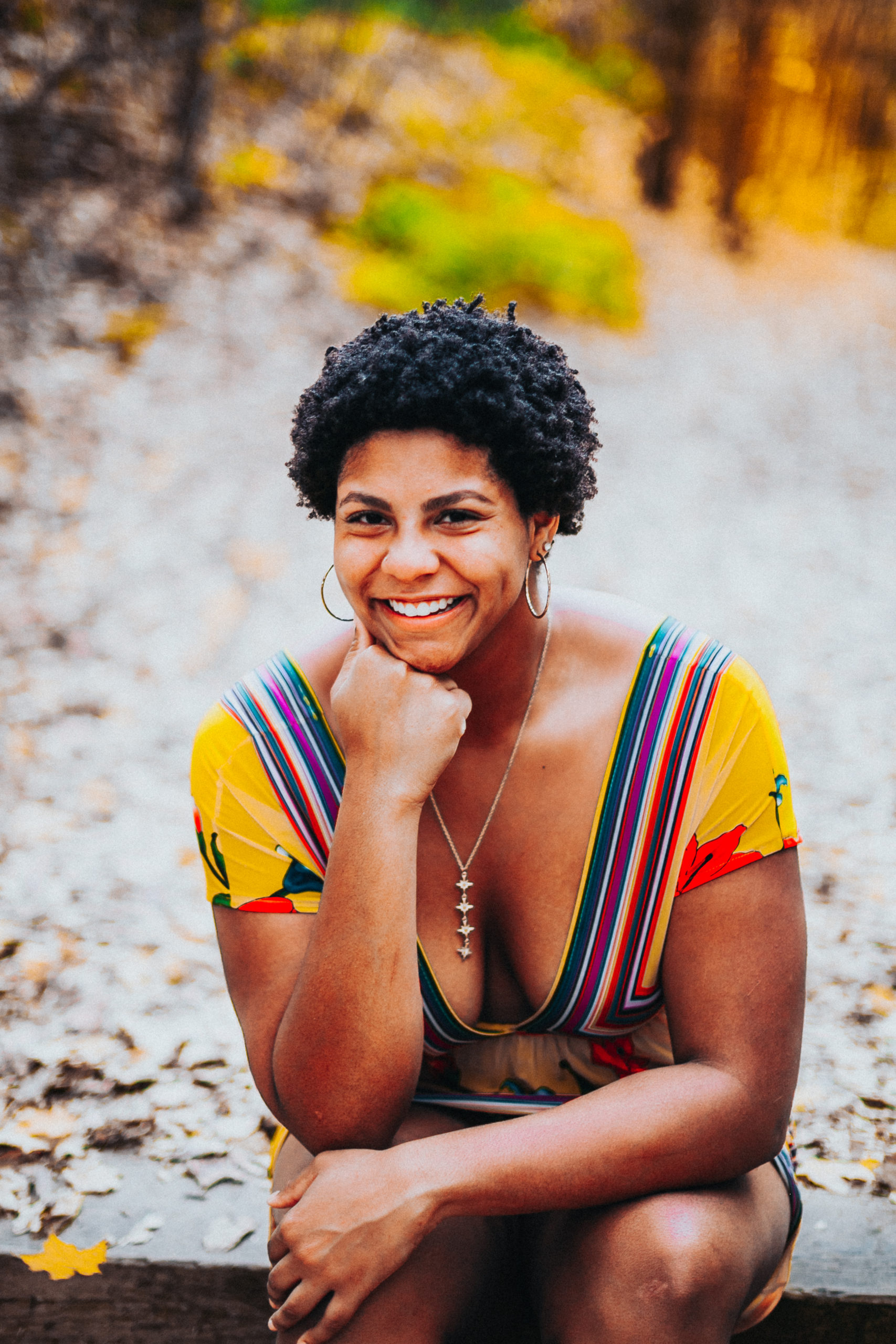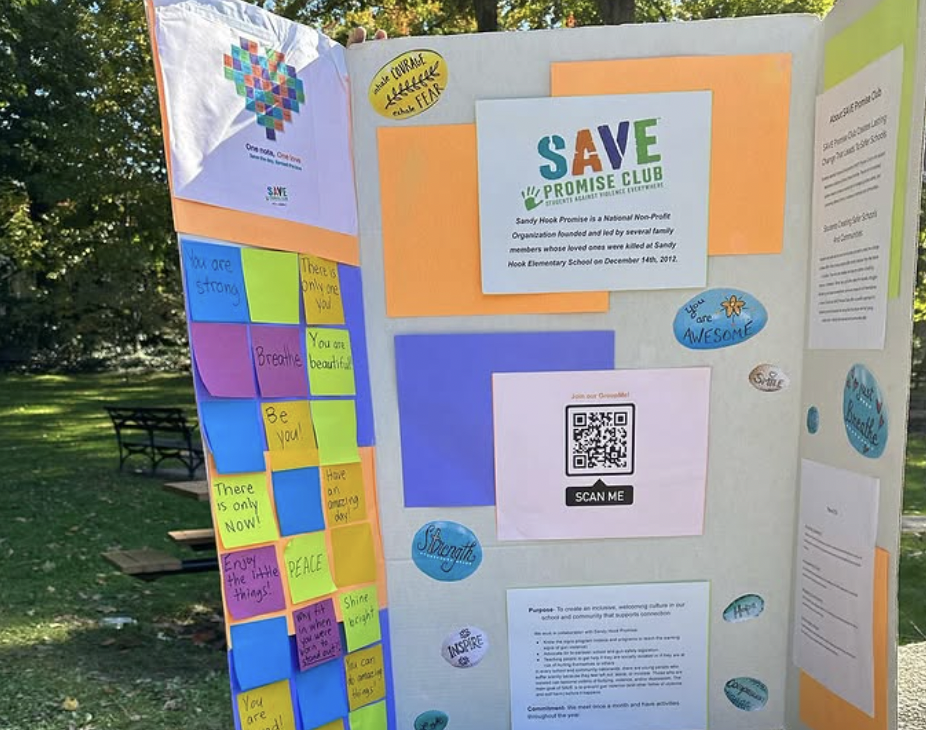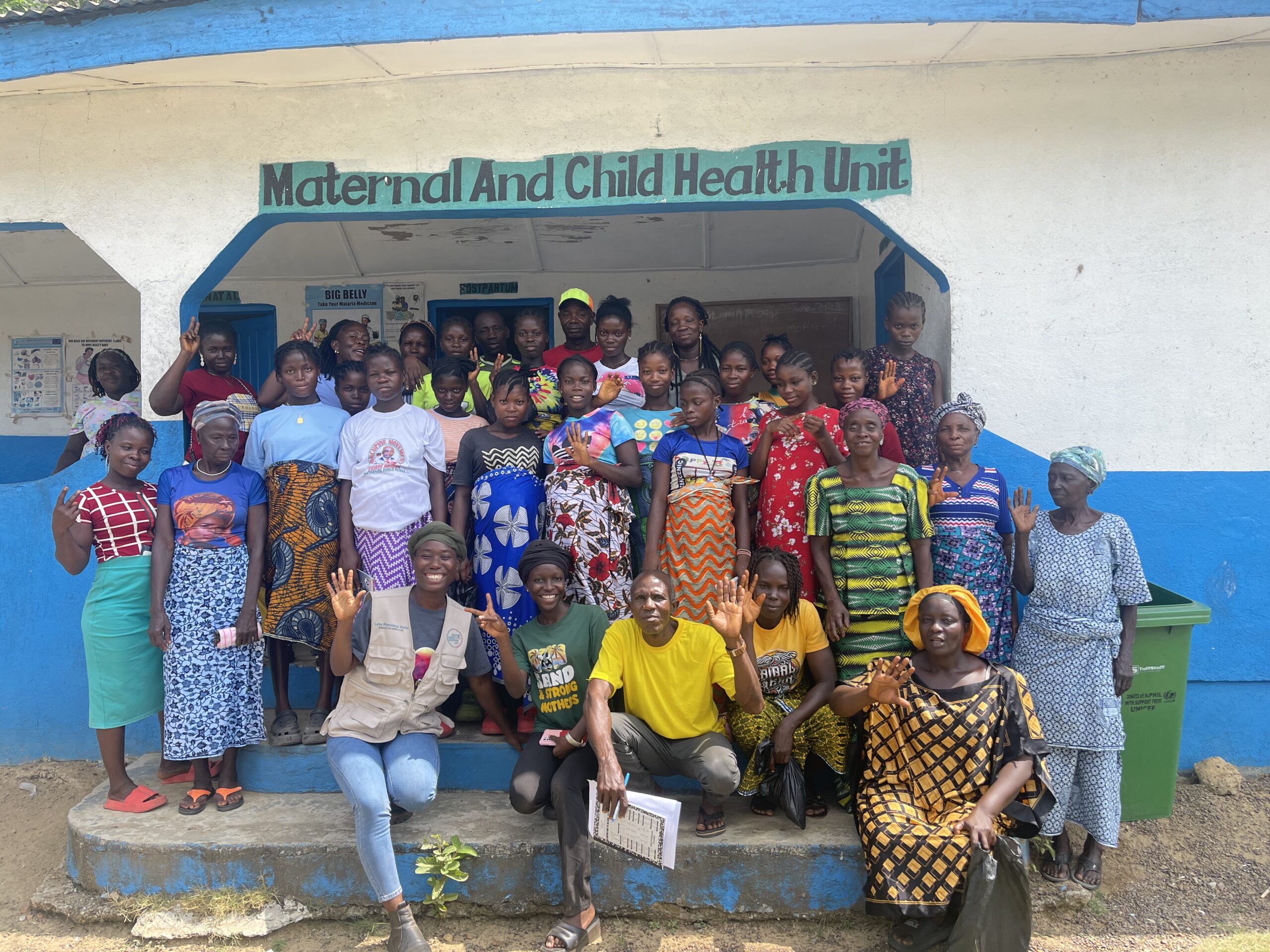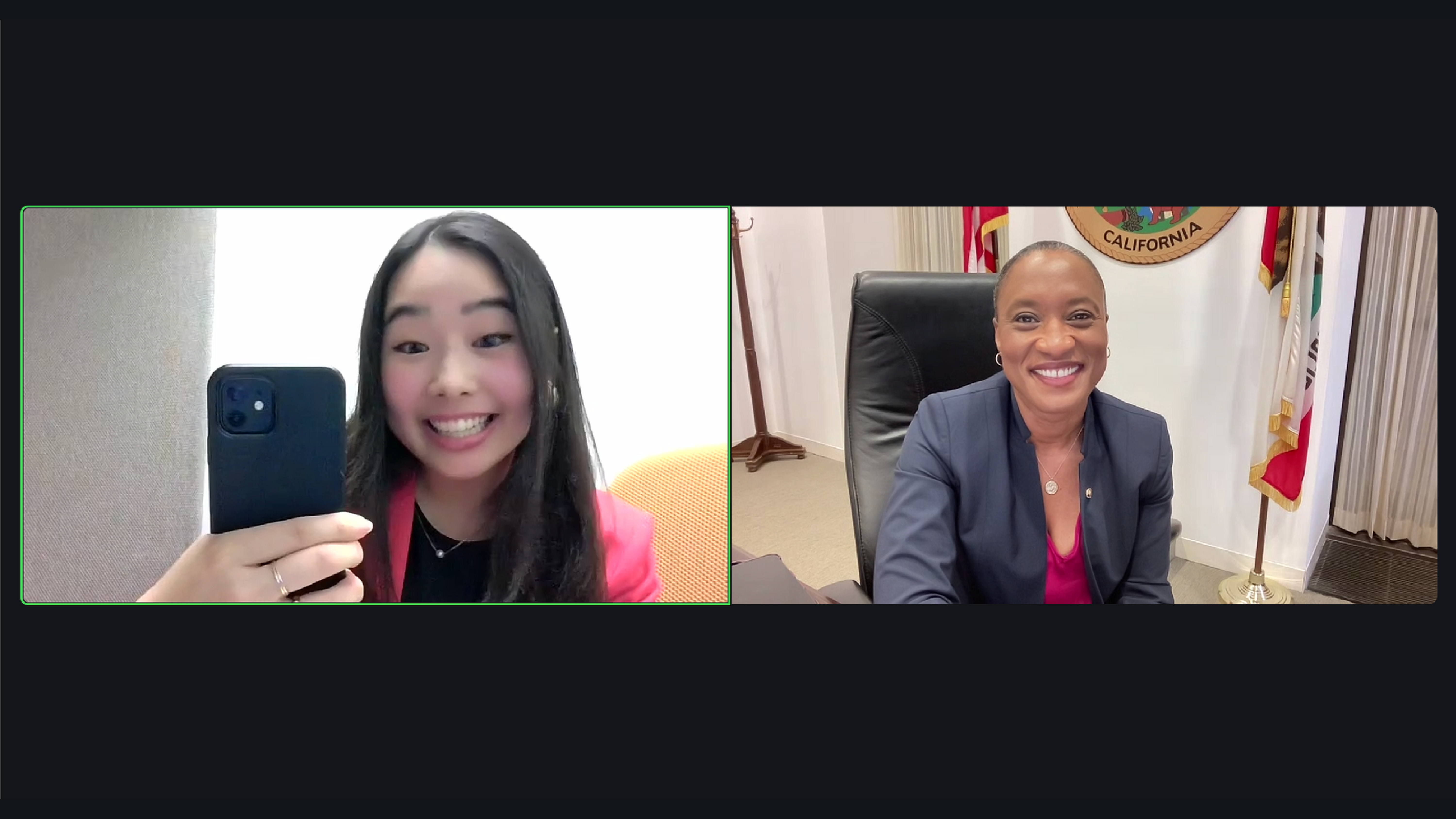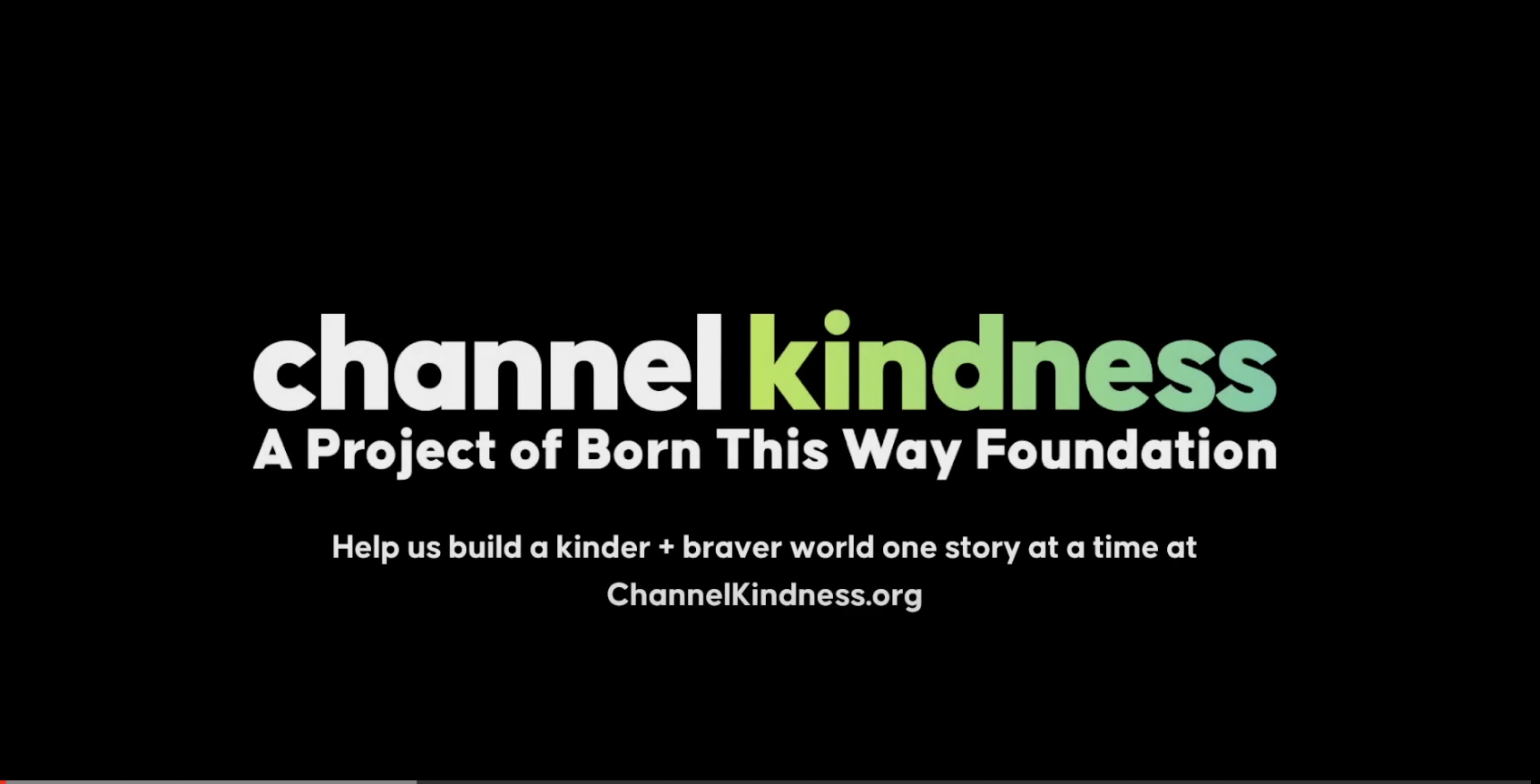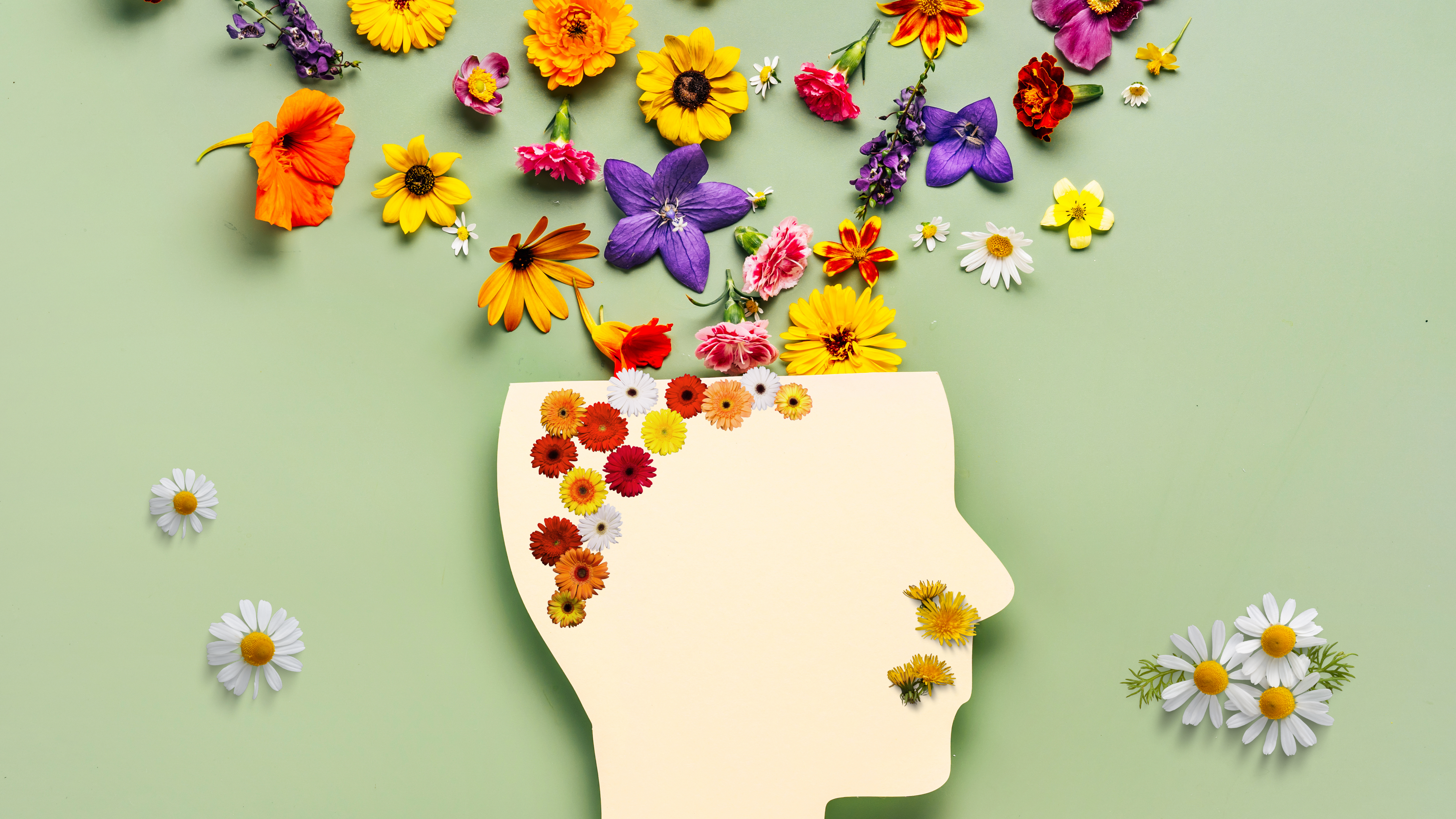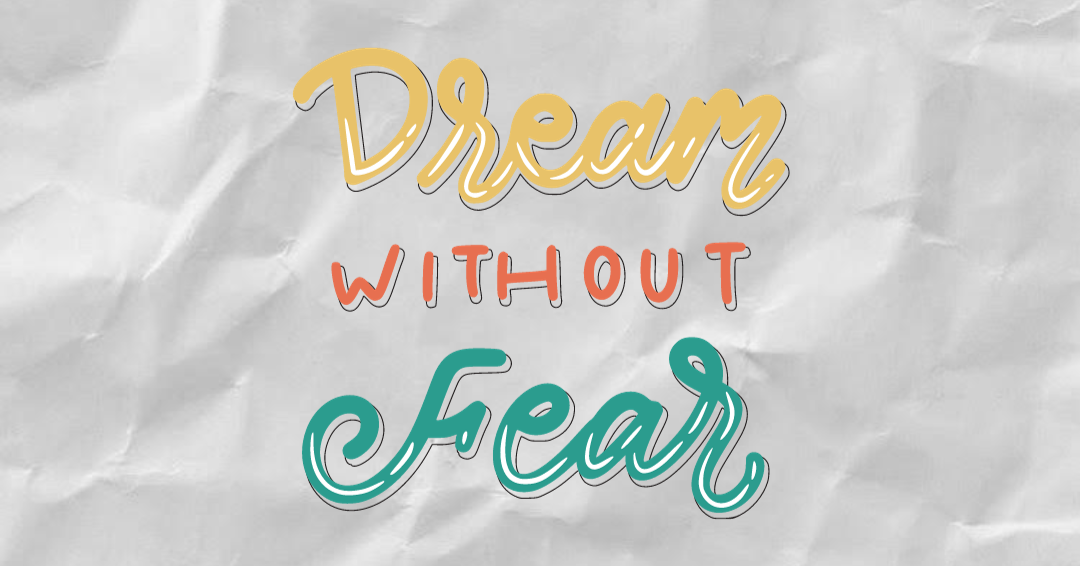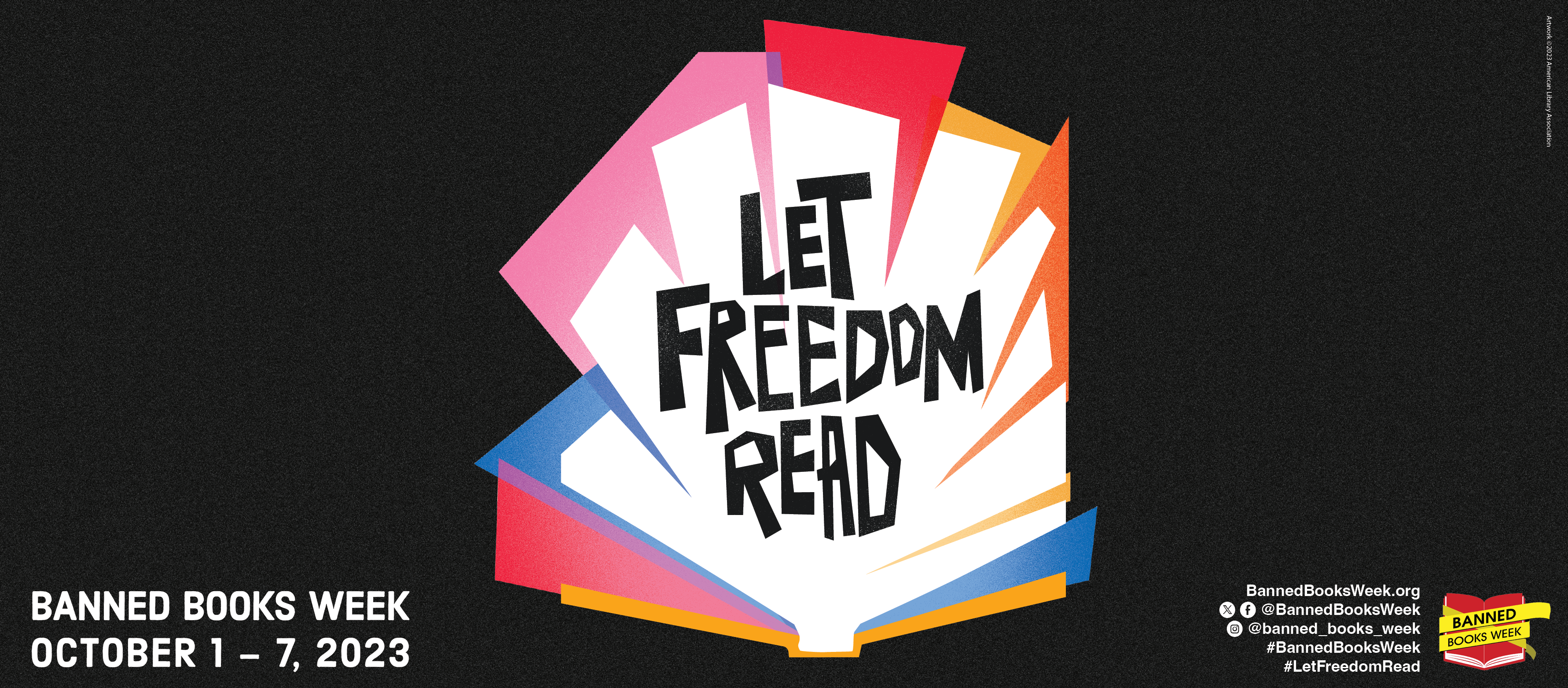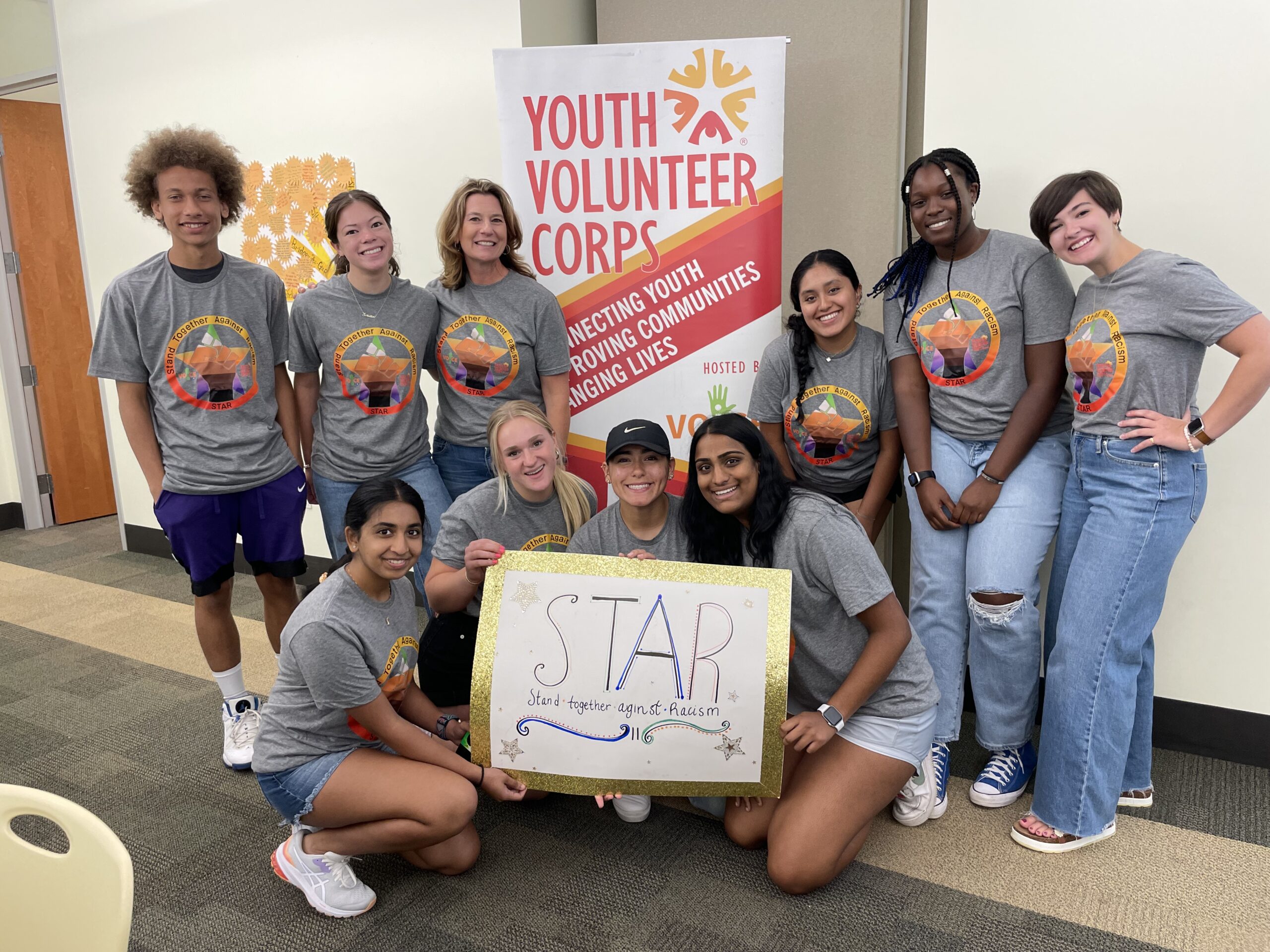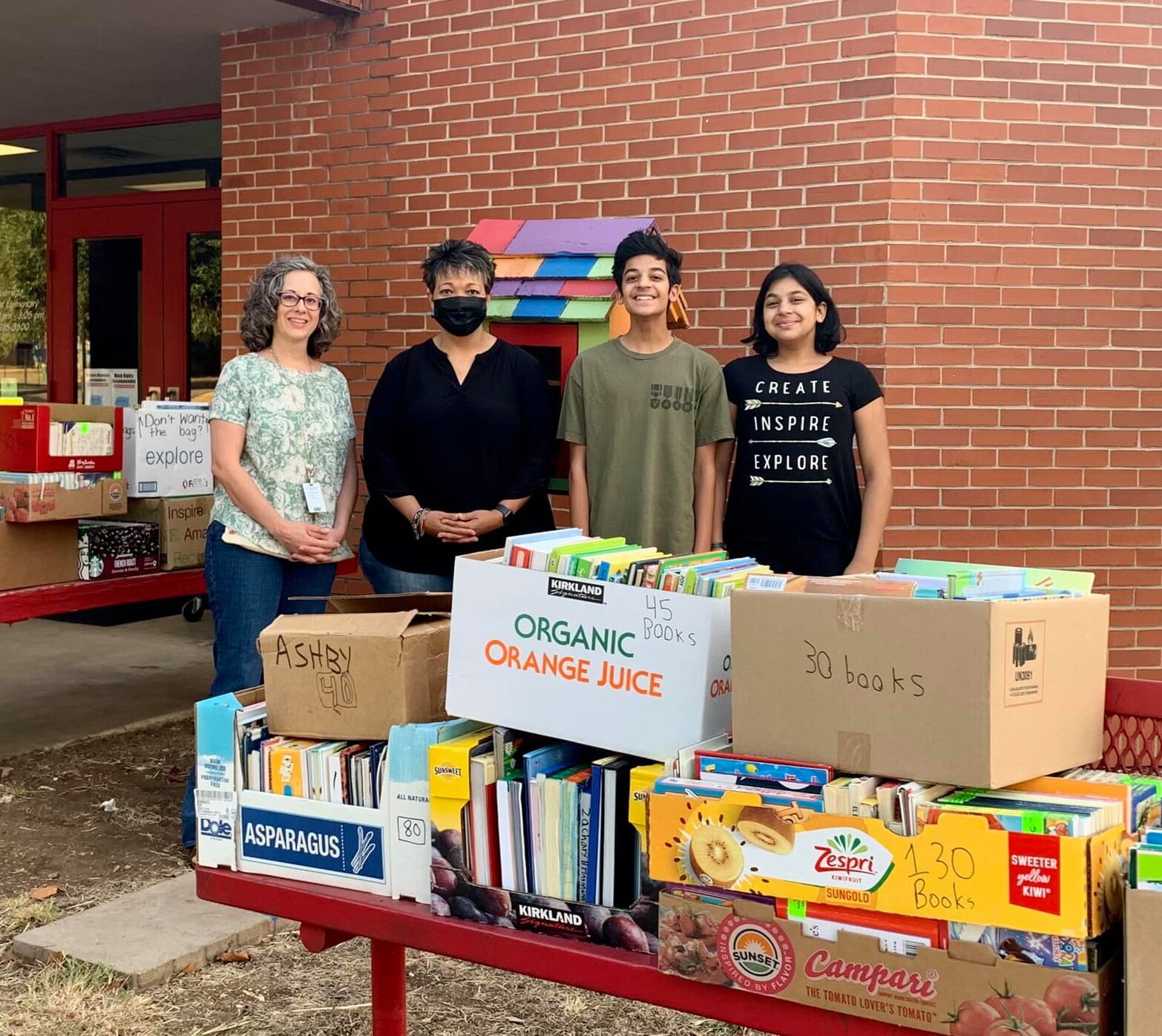Keagan is many things to me…my big sister, my mentor, my biggest supporter, my study buddy, and my workout partner. Keagan was also born with a variety of special needs, the most recognizable being Cerebral Palsy and Developmental Cognitive Delays (DCD). Growing up as a Black, disabled young woman has been very challenging for Keagan, and she’s had to endure various issues such as discrimination from peers and teachers, substandard educational support, and a lack of funding, just to name a few. Through it all, Keagan wakes up every day with a smile on her face, ready to conquer and overcome whatever is thrown her way.
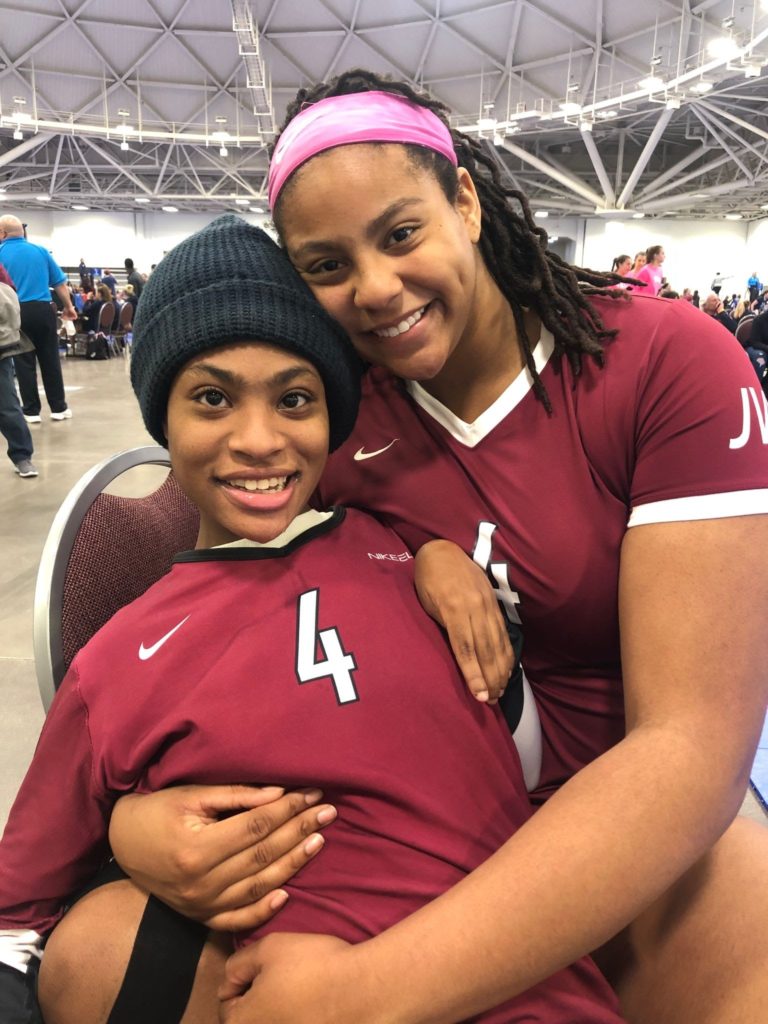
Growing up in a household with Keagan, I saw firsthand how difficult it is for people with disabilities to have basic human rights. But I never fully understood why the system was so biased? Why has the disabled community been underserved for so long? What can we do to bring awareness to these issues and disparities?
In high school, I volunteered in the Special Education classroom and had opportunities to tutor my peers of all cognitive levels and abilities. This is where I fully understood how not only my sister was being impacted by these biased regulations, but how everyone in need of special education services (including the teachers ) are not given the tools to succeed. This harsh reality check kept me asking, “WHY?!” Why are those in need of basic support services continue to be underserved and overlooked? I then found myself in a desperate search for answers as I tried to uncover why this unfair system continues. A few months ago, on my quest for answers (and solutions!), I stumbled across the Academy Award-nominated documentary film, “Crip Camp: A Disability Revolution”.
This documentary provided me new insight into how the movement for the American Disability Act (ADA) started. I also learned that this movement was led by people with disabilities. Crip Camp depicts the following story: “…On the heels of Woodstock, a group of teen campers are inspired to join the fight for disability civil rights. This spirited look at grassroots activism is executive produced by President Barack Obama and Michelle Obama.” I was blown away by this film on many levels! I had no idea about the struggles and ultimately the successes that the ADA spearheaded. In addition, my uncle was the film’s editor! He and I have had in-depth conversations about the making of this film, the main characters, and how telling this story can (hopefully) continue to spark awareness and increase access to support and services for people like my sister.
Even though the ADA was passed in 1990 to prohibit the discrimination of people with disabilities, there is still more work to do. I hope you will consider raising your awareness about disability issues and commit to becoming an ally in this movement. Here are a few of my suggestions:
-
Watch Crip Camp! It’s available on Netflix or YouTube
-
Encourage your friends and family to watch Crip Camp and discuss it together!
-
Acknowledge people with disabilities when you see them. Say hi! Don’t look away or ignore them. Tell them (and/or their caregiver) how beautiful they are!
-
Work or volunteer with kids/adults with disabilities
For decades, many of us have been fighting for basic human rights around social justice issues which have been marked by movements like Black Lives Matter or Stonewall. The powerful “Capitol Crawl” depicted in Crip Camp is another profound example of the moment and the movement that finally sparked the first big “win” for the disability community.
The fight is still continuing and I am committed to spreading kindness and awareness so that I can help provide a better world for my brave sister to live in. Will you join me?




